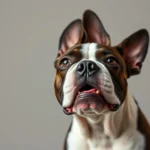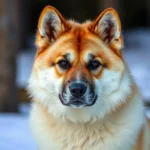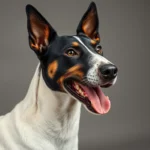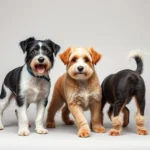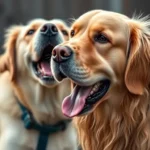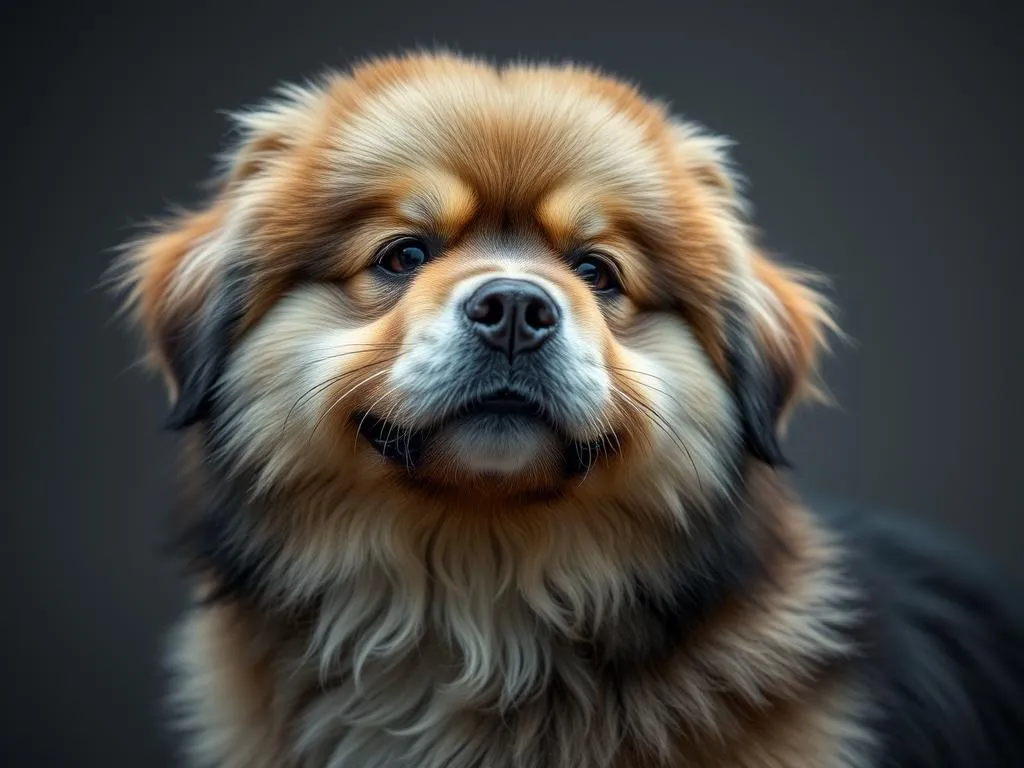
Introduction
When it comes to understanding dog breeds, recognizing the diversity and unique characteristics of each breed is essential. Among the myriad of breeds globally, Korean dog breeds stand out for their rich cultural heritage, distinct appearances, and unique temperaments. These breeds have been intertwined with Korean culture for centuries, each carrying its own story and significance.
The significance of Korean dog breeds goes beyond mere companionship. They reflect the historical and cultural backdrop of Korea, showcasing the values and lifestyle of the Korean people. Each breed has its own traits that make it well-suited for specific roles, whether as hunters, guardians, or family pets. As we delve deeper, we will explore the fascinating history, popular breeds, and caring for these remarkable animals.
History of Korean Dog Breeds
Ancient Origins
Dogs have played a crucial role in Korean society since ancient times. Archaeological findings suggest that dogs were domesticated in Korea thousands of years ago, serving various purposes such as hunting, guarding, and companionship. Early Korean breeds were often utilized for their specific abilities, reflecting the needs of the society and environment.
Cultural Significance
In Korean culture, dogs are not just pets; they are often seen as symbols of loyalty and protection. Folklore and mythology are rich with tales of dogs, emphasizing their revered status. The Jindo, one of the most recognized Korean dog breeds, is often celebrated in stories for its loyalty and intelligence, reinforcing the bond between humans and dogs in Korean culture.
Modern Developments
In recent years, the international recognition of Korean dog breeds has increased significantly. Breeding practices have evolved, with an emphasis on maintaining the unique characteristics that define these breeds. This modernization has led to a resurgence of interest and appreciation for these dogs both in Korea and around the world.
Popular Korean Dog Breeds
Jindo
The Jindo is perhaps the most famous of the Korean dog breeds. This medium-sized dog is known for its strong, agile build and loyal temperament. Jindos are often recognized by their erect ears and curled tails, giving them a distinctive look.
- Temperament and Behavior: Jindos are known for their loyalty and intelligence. They are independent thinkers, making training a bit challenging but rewarding. Early socialization is crucial to develop their friendly nature.
- Care and Grooming Needs: Jindos have a double coat that sheds seasonally. Regular brushing helps manage shedding, and they require moderate exercise to keep them healthy and stimulated.
Korean Mastiff (Dosa)
The Korean Mastiff, or Dosa, is a large and powerful breed known for its protective instincts.
- Size and Appearance: Dosas can weigh up to 200 pounds and have a robust, muscular build. Their short coat is typically brindle, fawn, or black.
- Protective Instincts and Training Needs: Dosas are naturally protective, making them excellent guardians. However, they require experienced handling and socialization to ensure they are well-adjusted.
Pungsan Dog
The Pungsan Dog is a rare breed developed for hunting in the rugged terrains of Korea.
- Hunting Background and Traits: Pungsans are known for their excellent hunting abilities, particularly in tracking and retrieving. They are medium-sized dogs with a sturdy build and a thick coat that helps them withstand cold climates.
- Socialization Tips: Early socialization is vital for Pungsans, as they can be reserved with strangers but are affectionate with their families.
Sapsali
The Sapsali is a unique breed with a long history in Korea, often associated with good fortune.
- Unique Features and Historical Significance: Sapsalis have a long, shaggy coat and a distinctive appearance. Historically, they were believed to ward off evil spirits.
- Health Considerations: Like many breeds, Sapsalis can be prone to certain health issues, making regular veterinary check-ups essential.
Chosun Dog
The Chosun Dog is a rare and ancient breed that has seen a revival in recent years.
- Rare Breed Overview: This breed is known for its loyalty and resilience, with a history that dates back to the Chosun Dynasty.
- Preservation Efforts and Breed Characteristics: Efforts are underway to preserve the Chosun Dog, emphasizing its unique traits such as adaptability and intelligence.
Comparison of Korean Dog Breeds
Size and Build
Korean dog breeds vary significantly in size. The Dosa is among the largest, while the Jindo and Pungsan are medium-sized, and the Sapsali can be quite compact. Understanding these size differences is crucial for potential owners to ensure their living environment is suitable.
Temperament and Behavior
Temperament can vary widely among these breeds. For example, Jindos are known for their loyalty and independence, while Pungsans exhibit a strong hunting instinct. In contrast, the Sapsali is more sociable and affectionate. Owners should consider these traits when selecting a breed that aligns with their lifestyle.
Maintenance and Care Requirements
Care requirements can also differ. The Jindo and Sapsali need regular grooming due to their coats, while the Dosa may require more focused training due to their protective nature. Regular exercise is necessary for all breeds, but the intensity and type may vary.
Training and Socialization Tips
Basic Training Techniques
Training is essential for all Korean dog breeds. Early training can help instill good behavior and prevent common issues. Positive reinforcement techniques, such as treats and praise, are particularly effective for these breeds.
Socialization Strategies
Socialization is crucial for developing a well-rounded dog. Exposing Korean breeds to various environments, people, and other animals can help reduce anxiety and behavioral issues later in life. It’s important to introduce them gradually and positively.
Common Behavioral Issues
Potential challenges can arise with Korean dog breeds, particularly regarding independence and territorial behavior. Consistent training and socialization can address these issues effectively. Understanding each breed’s specific needs and tendencies is vital for successful ownership.
Health Considerations for Korean Dog Breeds
Common Health Issues
Like all dog breeds, Korean dog breeds can be prone to specific health issues. For instance, Jindos may face hip dysplasia, while Dosas can experience skin conditions. Regular health check-ups can help identify and manage these issues early.
Preventative Care
Preventative care is essential for maintaining the health of your dog. Regular vet visits, vaccinations, and dental care contribute to a long, healthy life. Owners should be proactive about their dog’s health needs.
Diet and Nutrition
Diet plays a significant role in the health of Korean dog breeds. Each breed may have specific dietary requirements based on its size, age, and activity level. High-quality dog food tailored to their needs, along with appropriate supplements, can enhance their overall well-being.
Finding a Korean Dog Breed
Reputable Breeders
When looking for a Korean dog breed, finding a reputable breeder is crucial. Responsible breeders will prioritize the health and temperament of their dogs. Look for breeders who are knowledgeable about the breed and can provide health clearances for their puppies.
Adoption Options
Adoption is another great way to find a Korean dog breed. Many rescues and shelters focus on these breeds, providing a loving home for dogs in need. Adopting can be a rewarding experience and helps support animal welfare.
Costs and Considerations
The initial costs of purchasing or adopting a Korean dog breed can vary. Factors to consider include the dog’s age, health, and breed rarity. Long-term financial commitments also include food, grooming, vet visits, and training expenses, which should be considered before bringing a dog home.
Conclusion
Korean dog breeds offer a unique blend of history, culture, and companionship. Each breed possesses distinct characteristics that make them special, from the loyal Jindo to the powerful Dosa. Understanding these breeds’ unique features can help potential owners make informed decisions about adopting or owning them. Embracing responsible ownership is essential for the well-being of these remarkable dogs.


